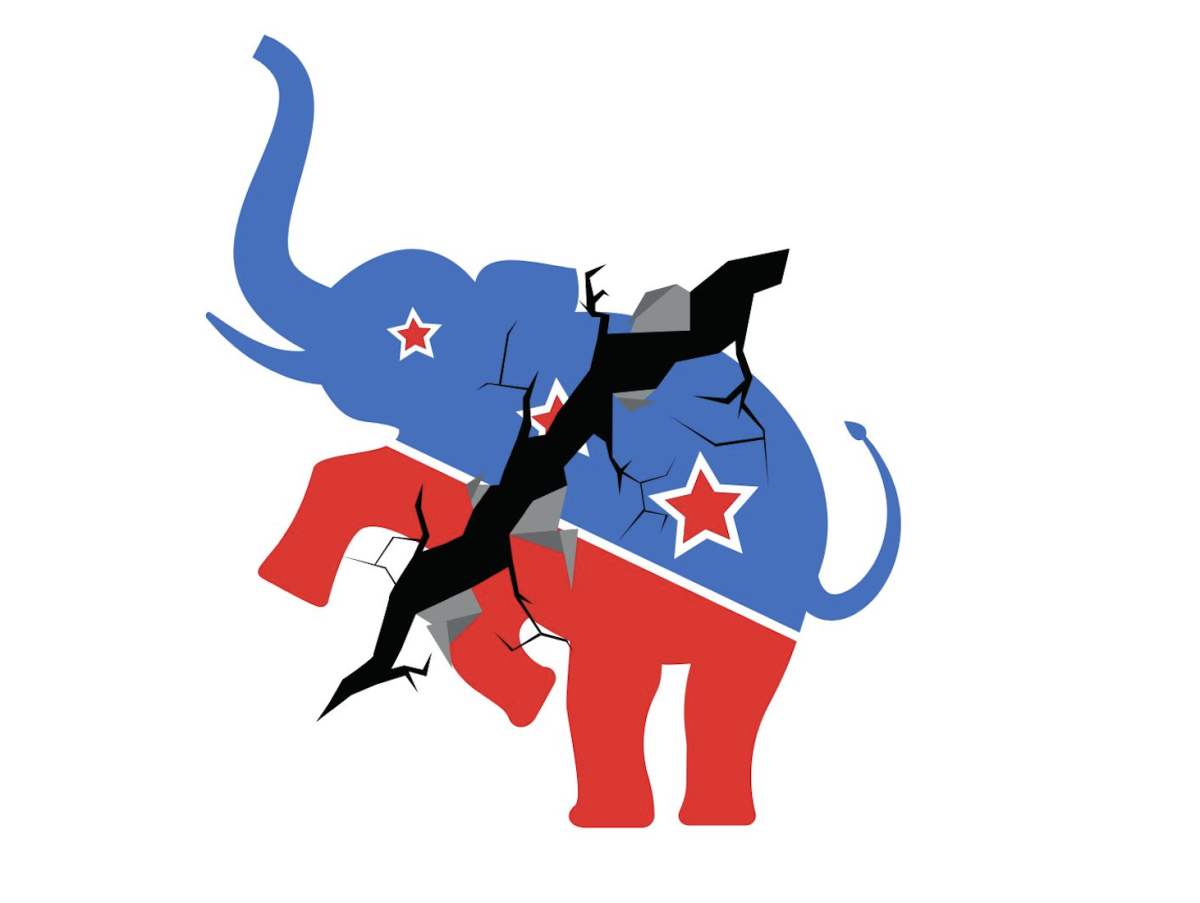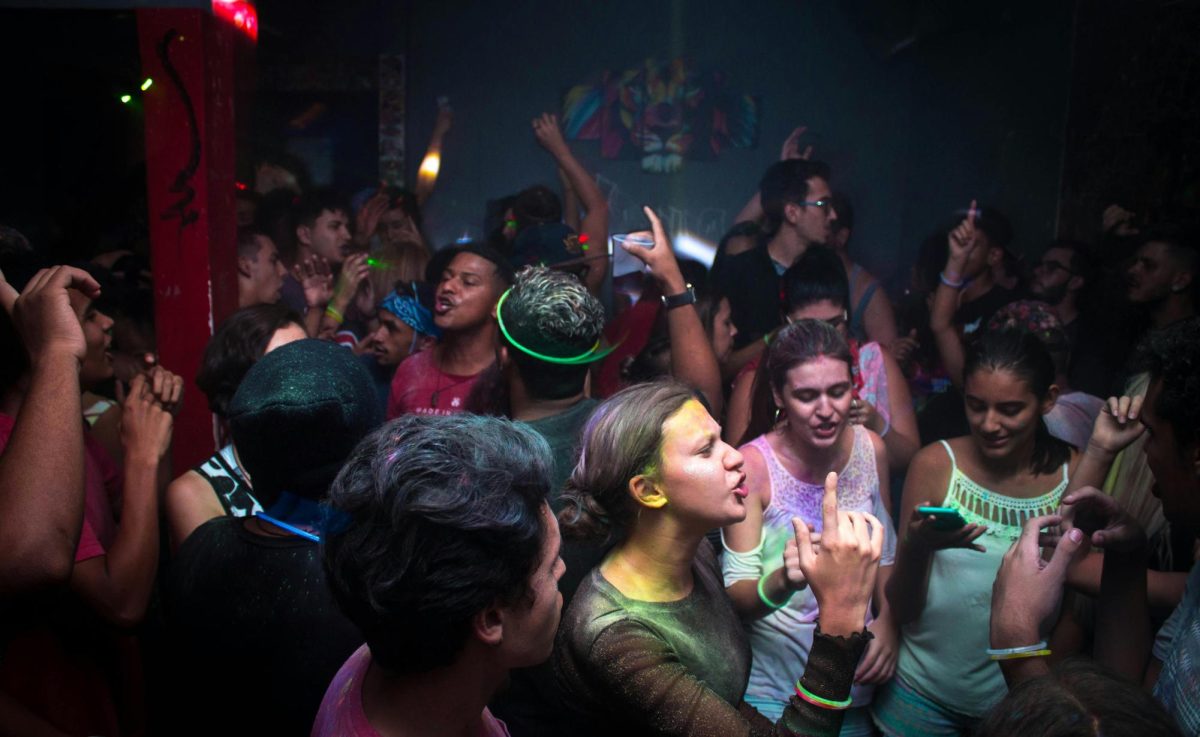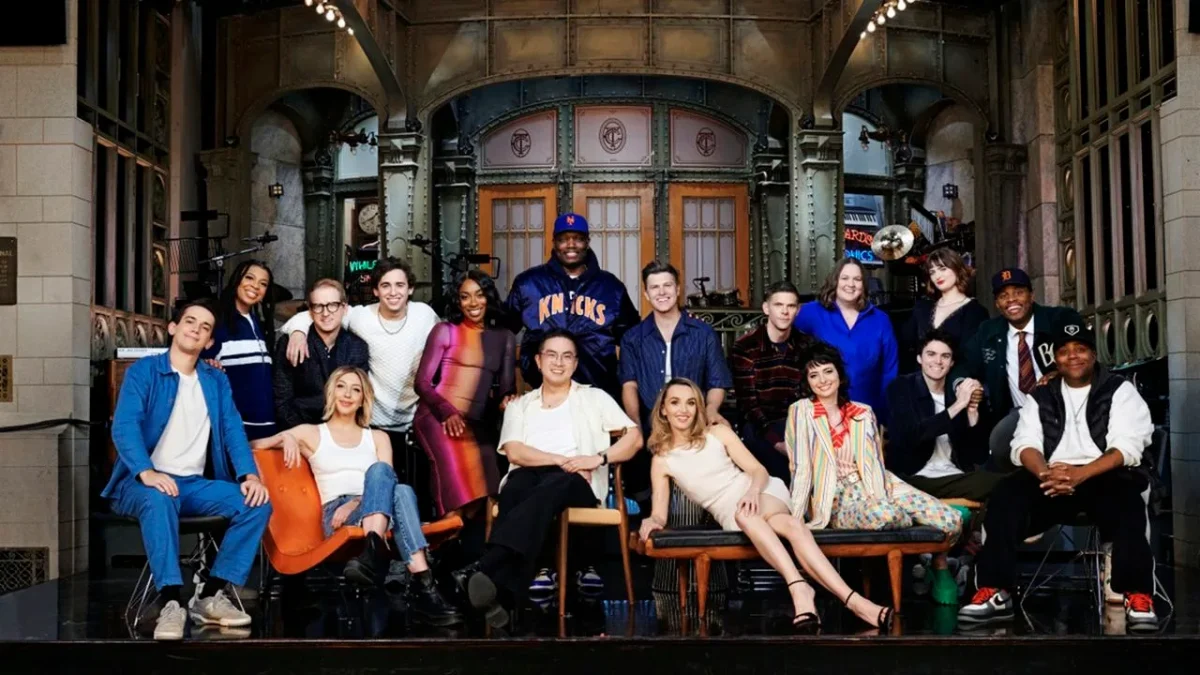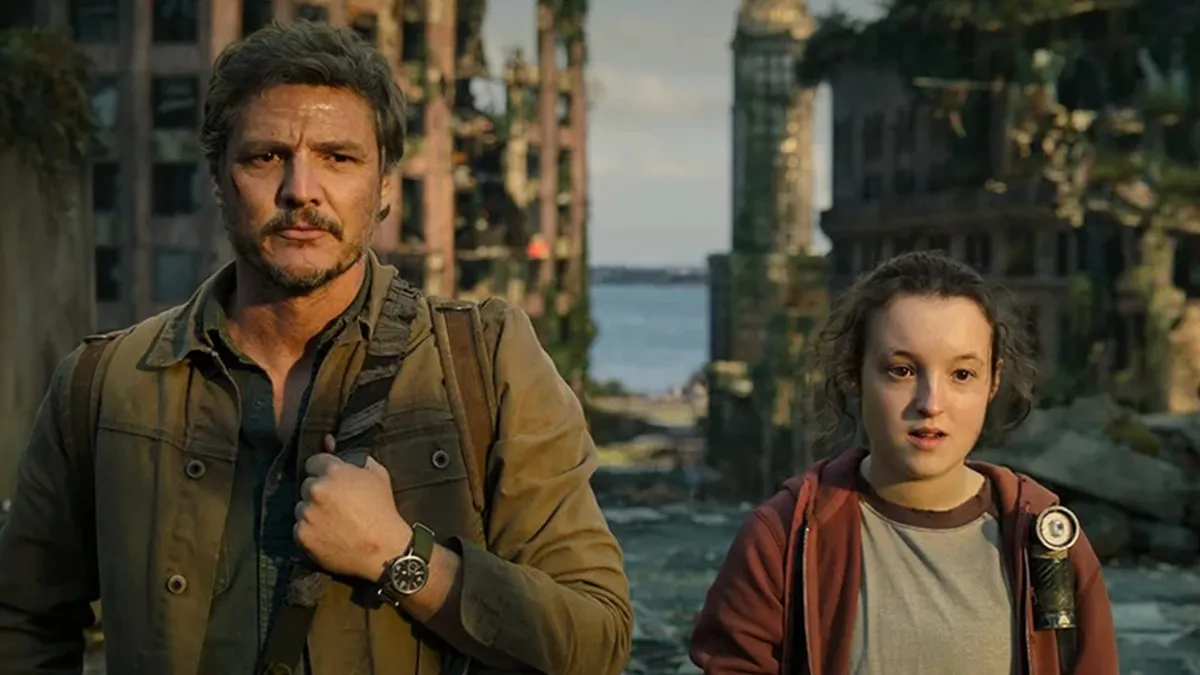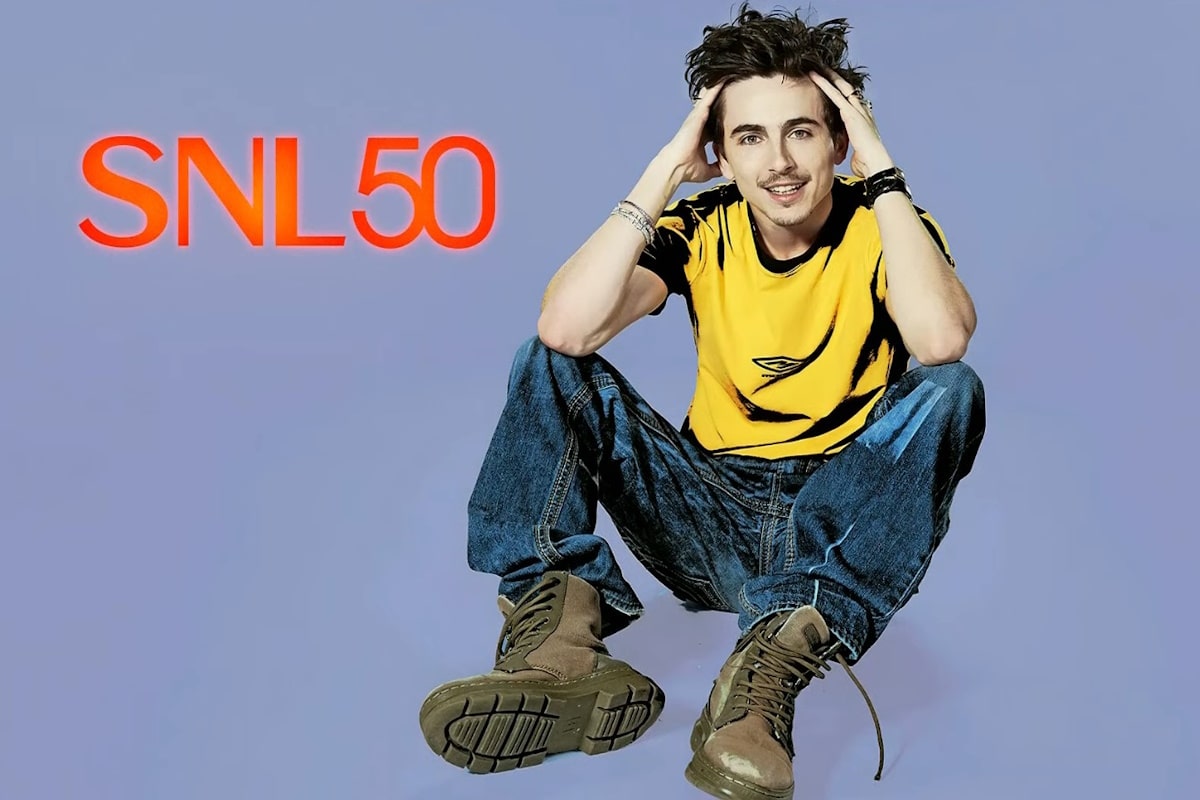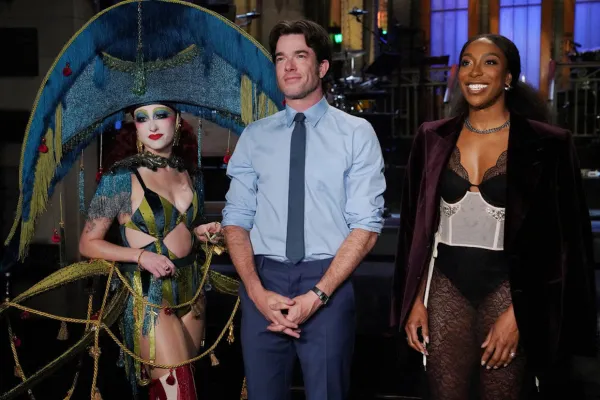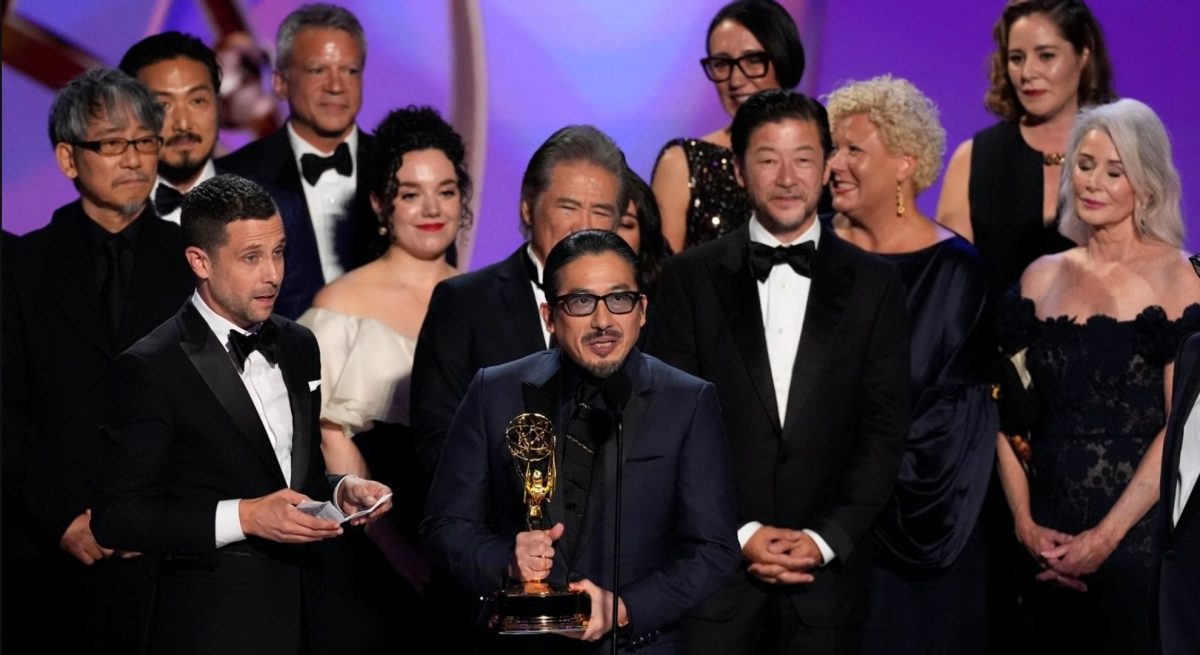“Nothing good happens after 2 a.m”(Ted Mosby, How I Met Your Mother). Right? I swear, “I’m not superstitious, but a little…stitious” (Michael Scott, The Office). By now you probably think I’m insane, but “I’m not insane, my mother had me tested!” (Sheldon Cooper, Young Sheldon). Fans of pop culture will immediately know where these references are from. These lines are not just some dialogues which happened to be in a script, they carry a huge cultural significance. F.R.I.E.N.D.S., How I Met Your Mother, The Office, Silicon Valley and Modern Family and the list goes on: these shows remain landmarks of television history. They defined a genre that ruled for years: sitcom, short for situational comedy—ironically, the “situation” it thrives on today isn’t very comedic. So why is it that modern sitcoms are struggling to capture the magic of the past? Why don’t they feel “Legen—WAIT FOR IT—dary!” anymore?
The main strength of sitcoms was never just the plot; it was always the characters. They felt relatable. Viewers laughed with them, grieved with them, celebrated their victories, and experienced their losses as personal. So what made the audience feel so connected? It was the way those characters were written. Older sitcoms followed weekly schedules. One had to wait an entire week for the next episode, which meant longer seasons and slower storytelling. The slow burn of anticipation gives characters room to develop naturally, and viewers have time to really connect with them. Nowadays, production houses and networks are pushing for shorter seasons—what used to be 24 episodes often gets cut down to just 12. With only a few dozen episodes to tell a story, everything feels rushed, and there’s barely any space for characters to grow in meaningful ways. But honestly, one can’t entirely blame the industry for this, it’s really just responding to how differently people consume TV now.
The drastic shift from TV to streaming platforms has done a lot of damage. Picture this: after a long exhausting day, someone comes home. They turn on the TV and open Netflix, Hulu, or any of their favorite streaming platforms, hoping to watch something comforting. The moment it loads, they’re bombarded with an endless stream of recommendations that some algorithm swears they’ll enjoy. But, this convenience of having countless options may feel liberating, but they’re often more overwhelming than freeing.
The more choices people have, the more freedom they get to choose the content to consume. But, freedom also leads to fragmentation. Viewers are now scattered across countless shows, which means there’s less common ground to share. With everyone watching their own diverse choices of shows at their own pace, the sense of shared experience is gone. Back then, times were simpler. People gathered in living rooms on Thursday or Friday night, tuning in at the same time, laughing at the same jokes, and gasping at the same cliffhangers. The following day of the episode being aired, teens at school and adults at work would all be talking about the same episode. That collective excitement built a sense of community—a kind of cultural glue that streaming simply can’t recreate.
Another reason for seasons being shorter is that audiences have gotten used to consuming content in smaller chunks. It’s debatable whether people’s attention spans have diminished but people may expect faster pacing and quicker payoffs than stretched plotlines. The shift isn’t just about what people watch, it’s also about how viewing habits evolved. Comedy has become much more diverse with multiple sub-genres, but the writers have to be way more careful about what they put out there. Things that would’ve been totally fine on TV ten years ago might get completely torn apart online today. While the awareness around the potentially offensive content doesn’t necessarily stifle creativity, it might impact how shows are written. Rather than stretching creative boundaries to adapt over the evolved form of comedy, most modern sitcoms lean on familiar templates, same recycled formulas—trading originality for false sense of security.
So, are sitcoms actually dead? Probably not, but they’re surely going through an awkward midlife crisis right now. Until someone figures out how to dig the magic back, we’re stuck rewatching the same old episodes and wondering why nothing makes us laugh quite like before. At least we’ve still got Michael Scott’s “That’s what she said!” and Joey’s sandwich obsession to keep us entertained.


